Extra Virgin Olive Oil Vs. Seed Oils: The Healthier Choice
If All Seed oils are considered vegetable oils, but not all vegetable oils are considered seed oils, Is Olive Oil A Seed Oil? Some would categorize an olive as a fruit rather than a vegetable, and most would assume that since an olive has a seed, it could be a seed oil. We’re here to break down the facts and show you everything you need to know about the Olive Oil and Seed Oil Debacle, as well as healthy oil choices and alternatives.
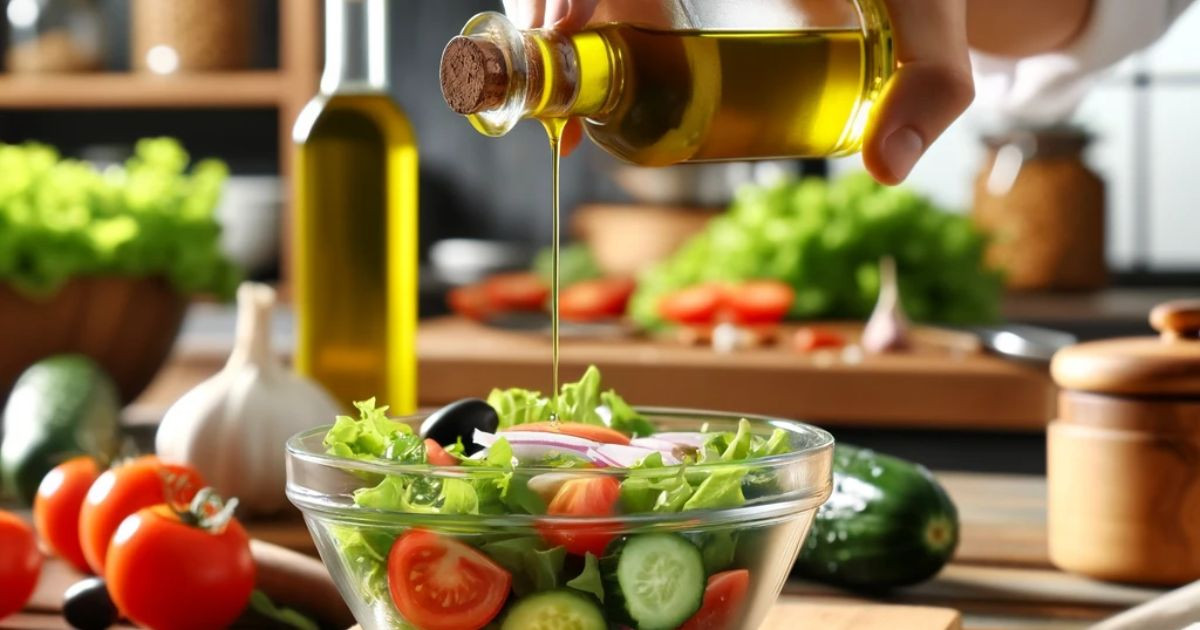
So, is olive oil a seed oil? Spoiler alert: it’s not.
But why does this matter, and how does it affect your health and culinary masterpieces?
Let’s slice through the myths, sprinkle some facts, and discover why one might have the upper crust in the extra virgin olive oil vs. seed oils showdown.
And hey, if you’re craving olives just from this intro, I’ve got you covered. Buckle up; it’s going to be a flavorful ride!
For those of you keen on keeping your pantry stocked with the finest drizzles, check out the best olive oil subscriptions I recommend. Trust me, your taste buds will thank you.
Olive oil – it’s like the superhero of the culinary world, isn’t it?
We often hear whispers about the dark side of seed oils, their health impacts, and how they’re the ‘villains’ of the oil world. But is there truth to this?
As someone who’s drizzled, sautéed, and sampled more olive oil than most, I’m here to set the record straight. Olive oil, especially the extra virgin, is a culinary champion with a health halo. In this piece, we’ll unpack the olive oil vs. seed oil saga – no frills, fluff, just the tasty truth.
Today, I’m stirring the pot by tackling a topic often drizzled with confusion and misconceptions – the excellent oil debate. You’ve probably heard the buzz about different cooking oils and their health impacts, especially olive oil versus seed oils. Even the rumors of Olive Oil being great for acid reflux.
As someone who’s spent much of their life juggling pans and perfecting recipes, I have a thing to say about this.
Table of Contents
Understanding Oils – Seed Oil vs. Vegetable Oil
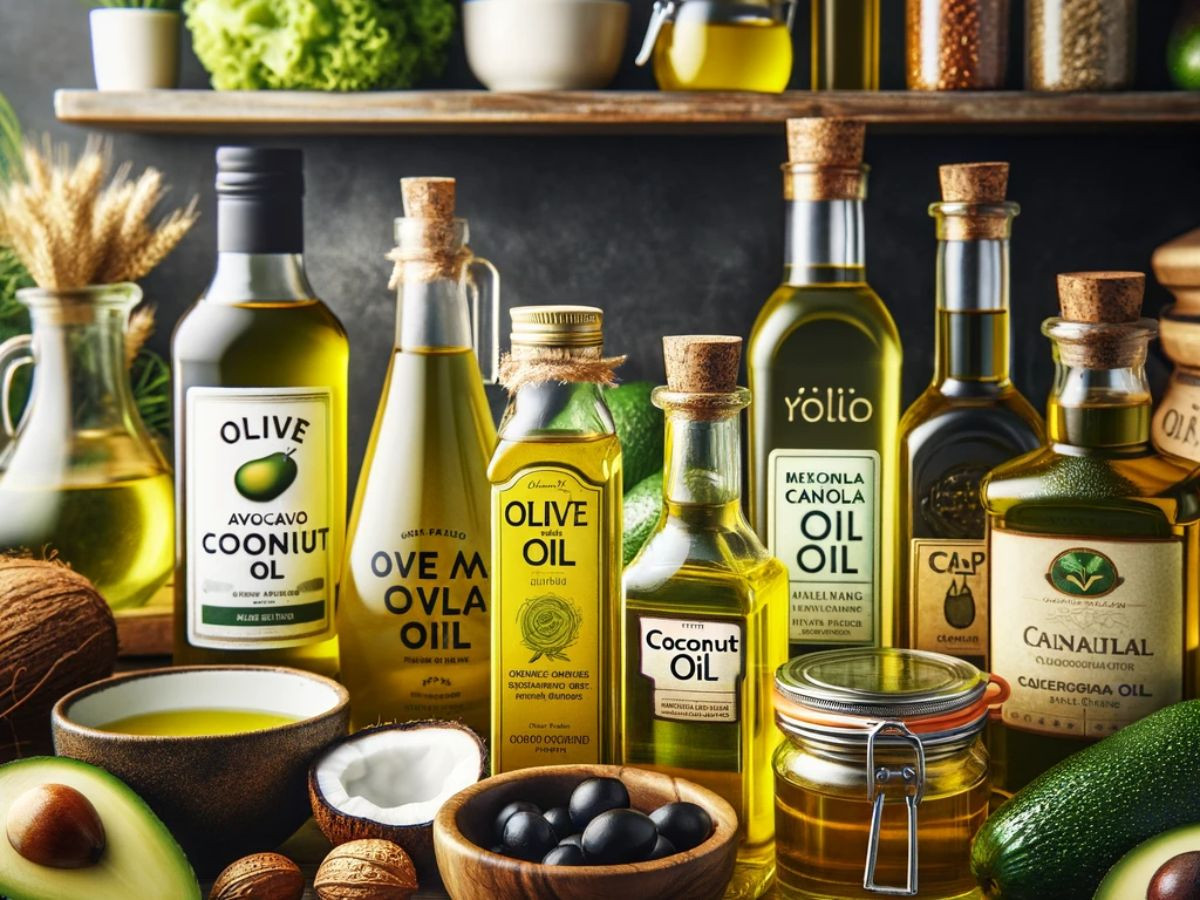
When it comes to oils, the variety can be as vast as the wine selection at a fancy restaurant. But let’s focus on the main players today: vegetable or seed oils, particularly our star olive oil.
1. Definition and Extraction Process:
Seed Oils: These are typically extracted from, you guessed it, seeds! Think sunflower, canola, and soybean. The extraction involves crushing the seeds and often using heat or chemical solvents to get every last drop of oil. It’s like getting juice from a harsh lemon – it takes some work.
Olive Oil: Now, olive oil is a different story. It’s extracted from the fruit of the olive tree. Yes, olives are fruits, not seeds. This fruit oil derived from the olive is usually extracted through cold pressing, like gently squeezing the juice out of an olive without damaging the quality. It’s more of a tender process, preserving the flavor and nutrients.
2. Types of Oils and Their Uses:
A Variety of Oils: We have nut oils (like almonds and walnuts), seed oils (like sunflower, grapeseed, or flaxseed oil), and fruit oils (hello, light-tasting olive oil!). Each has its unique flavor profile and cooking properties.
Culinary Uses: I love using different oils for different dishes as a chef. Olive oil is fantastic for dressings and light sautéing, while some seed oils can handle high heat better, making them suitable for frying. It’s like choosing the right wine for your meal – it can make a difference.
The Health Debate – Seed Oils
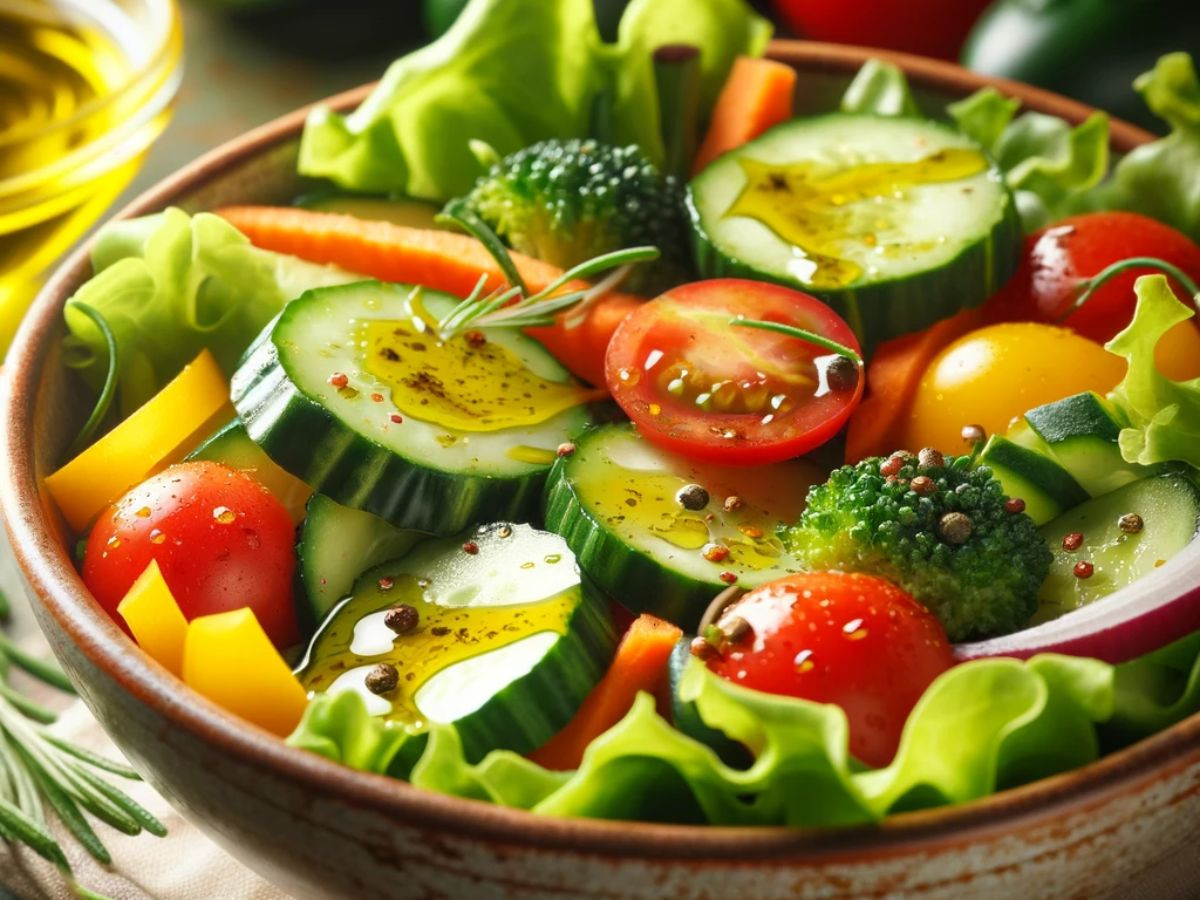
Not all oils are created equal in the culinary world, especially regarding their impact on our health. Let’s unravel the facts and fiction surrounding seed oils.
1. Nutritional Composition:
Seed Oils: These oils are often high in polyunsaturated fats, particularly omega-6 fatty acids. While we need omega-6s, the modern diet tends to be disproportionately heavy on these, tipping the balance away from the healthier omega-3s. It’s like adding too much salt to a dish – a little is essential, but too much can spoil the whole meal.
2. Health Concerns:
Inflammation and Processing: There’s a simmering debate about most seed oils contributing to inflammation due to their high omega-6 content. Plus, the processing methods (heat and chemicals) can sometimes lead to the formation of unhealthy compounds. Imagine overcooking a delicate fish until it’s dry and tough – not precisely what you aim for in a healthy meal.
3. Myth vs. Fact:
Common Myths: You might have heard that all seed oils are harmful to you. Well, that’s like saying all wines are the same – it’s not entirely accurate. While some seed oils can be less desirable due to their processing and fatty acid profiles, not all are harmful. It’s essential to look at the type of seed oil and its quality.
Evidence-Based Reality: Research suggests moderation and variety are key. Just like in cooking, balance is crucial. Using a mix of different oils can be part of a healthy diet.
Olive Oil – A Healthier Alternative?
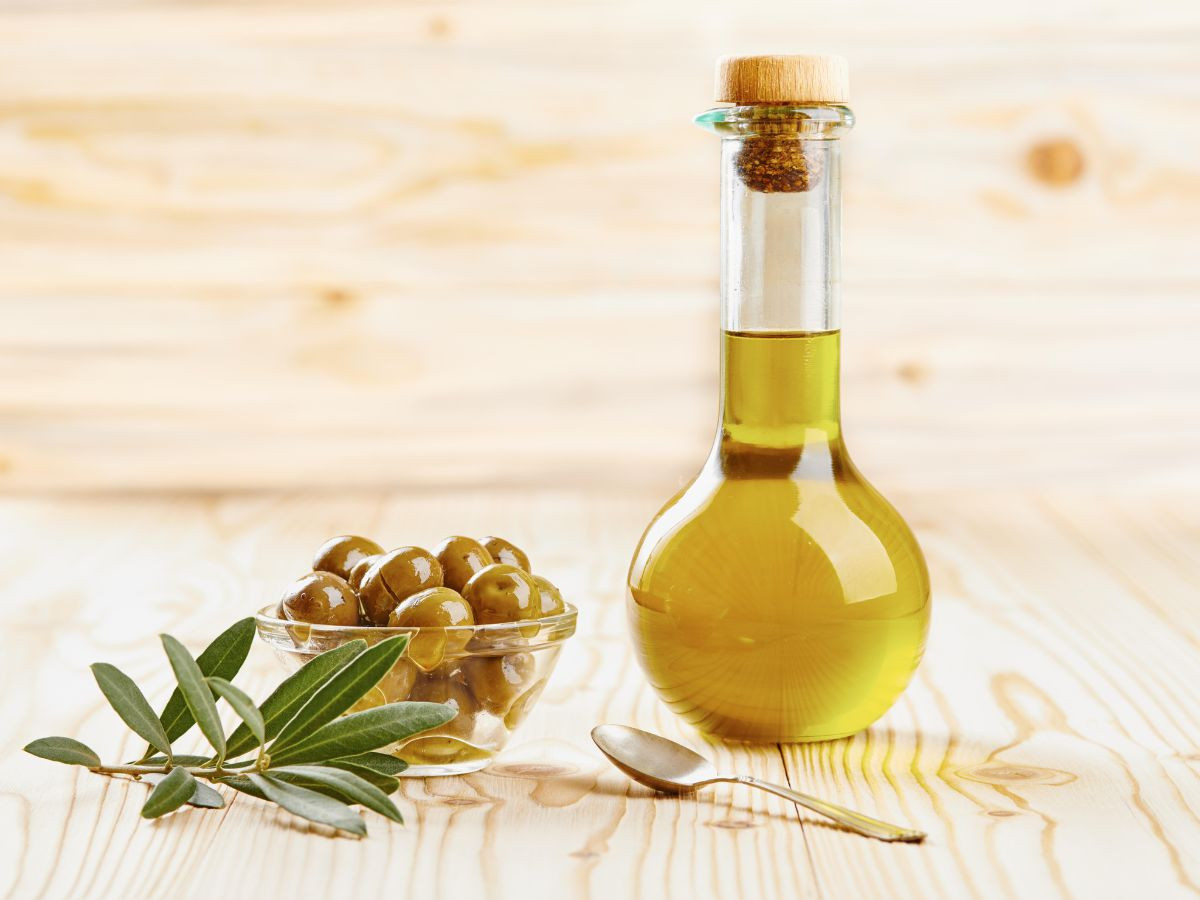
Ah, extra virgin olive oils – the liquid gold in my culinary arsenal. Let’s explore why this staple of the Mediterranean diet is often a chef’s favorite, not just for its taste but for its health benefits, too.
1. Composition of Olive Oil:
Rich in Monounsaturated Fats: Olive oil, particularly extra virgin olive oil, is loaded with monounsaturated fats. These good guys are known for supporting heart health and maintaining stable cholesterol levels. Think of it as the superhero in your pantry.
Antioxidants Galore: Extra virgin olive oil is also a treasure trove of antioxidants. These compounds are like your kitchen’s cleaning crew, fighting off damage from free radicals and keeping things in tip-top shape, health-wise.
2. Health Benefits:
Heart Health: Numerous studies have shown that olive oil can help reduce the risk of heart disease. It’s like a love letter to your heart, penned in delicious golden oil.
Anti-Inflammatory Properties: The antioxidants in olive oil, like oleocanthal, have natural anti-inflammatory properties. It’s like having a built-in health shield in your salad dressing.
Supports Longevity: Regular consumption of olive oil has been associated with increased longevity. It’s not a fountain of youth but possibly the next best thing in your kitchen.
3. Comparison with Seed Oils:
Heat Stability: While some seed oils can handle high heat better, olive oil, especially extra virgin, is best used at low to medium heat to preserve its flavor and health properties. It’s like using a fine wine for a delicate sauce – you wouldn’t waste it on boiling pasta.
Flavor and Versatility: Olive oil adds a unique flavor profile to dishes that seed oils can’t match. It’s like the secret ingredient in your grandma’s famous recipe – irreplaceable.
Health Impact: Given its composition, olive oil is a healthier choice than many seed oils, especially for raw applications and light cooking.
In the kitchen of life, olive oil is a versatile ingredient that enhances the flavor of your dishes and contributes positively to your health.
Making the Right Choice
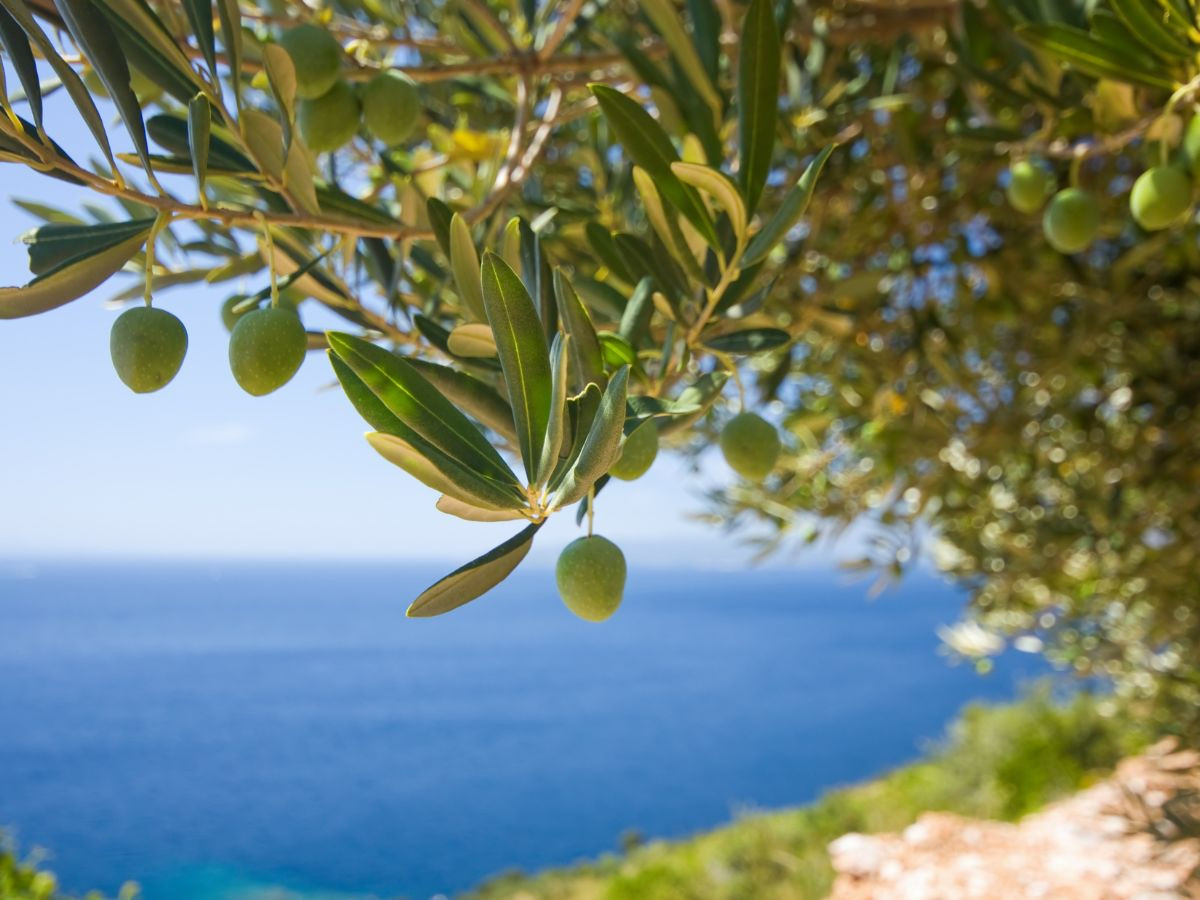
Choosing the right oil can be as crucial as selecting the perfect spice for your dish. Here are some tips and insights to help you navigate the world of oils, focusing on making the most out of olive oil.
1. Practical Tips for Choosing High-Quality Olive Oil:
Look for the ‘Extra Virgin’ label: Extra virgin olive oil is of the highest quality. It’s like choosing the finest cut of meat for your steak.
Check the Harvest Date: Freshness matters. A recent harvest date indicates fresher oil full of flavor and nutrients.
Dark Bottles are Better: Light can degrade the quality of olive oil. Opt for oils in dark bottles to ensure you’re getting the best.
Trust Your Taste: If possible, taste before buying. Good olive oil should have a fruity, grassy, or peppery note. It should taste as good as it sounds!
2. Incorporating Olive Oil into a Healthy Diet:
Salad Dressings: Olive oil makes a fantastic base for dressings. Its rich flavor can elevate a simple salad to a culinary delight.
Cooking at Low to Medium Heat: While olive oil has a lower smoke point than some seed oils, it’s excellent for sautéing and roasting at lower temperatures.
Drizzle it over cooked dishes as a Finishing Oil for an extra layer of flavor. It’s like the final brushstroke on a masterpiece.
3. Balanced Perspective:
Variety is Key: While olive oil is a healthier choice, it’s important to include a variety of fats in your diet. Balance, as in cooking, is essential.
Quality Over Quantity: Focus on the quality of the oil rather than the quantity. High-quality olive oil goes a long way regarding flavor and health benefits.
Conclusion: Is Olive Oil A Seed Oil
In our flavorful foray into culinary oils, the key question was: “Is olive oil a seed oil?”
The short and savory answer is no, olive oil is not a seed oil. Instead, it’s a unique and healthful fruit oil extracted from the olive fruit.
This distinction is crucial for understanding its place in our kitchens and impact on our health.
Olive oil is cold-pressed from olives, retaining its natural flavors and nutrients, unlike many seed oils derived from seeds, which often require extensive processing.
Olive oil is rich in monounsaturated fats and antioxidants, making it a heart-friendly choice, in contrast to many seed oils’ high polyunsaturated fat content.
We discussed how olive oil contributes positively to heart health and longevity, offering anti-inflammatory benefits, unlike some seed oils, which have been linked to health concerns when consumed in excess.
Olive oil’s unique, mild flavor profile and health benefits make it a superior choice for various culinary applications, from dressings to light cooking, surpassing the more neutral and less beneficial seed oils.
In conclusion, olive oil stands out distinctly from seed oils with its rich heritage, health benefits, and culinary versatility. As we’ve seen, it is not a seed oil and represents a healthier, tastier choice for chefs and home cooks.
Embracing olive oil celebrates quality, flavor, and health – a triumvirate that enhances our cooking and well-being.
FAQ and Additional Information
What is the healthiest oil to cook with?
Determining the “healthiest” oil to cook with can vary depending on several factors, including the type of cooking you’re doing (e.g., high heat vs. low heat), your specific health needs, and the oil’s nutritional profile. However, here are some commonly recognized healthy cooking oils along with their nutritional benefits below:
Extra Virgin Olive Oil: Widely praised for its health benefits, extra virgin olive oil is high in monounsaturated fats and antioxidants. It’s excellent for heart health and has anti-inflammatory properties. It is best for low to medium-heat cooking, as it has a lower smoke point than other oils.
Avocado Oil: With a high smoke point, avocado oil is versatile for high-heat cooking and salad dressings. It’s rich in monounsaturated fats and vitamin E.
Canola Oil: A good source of monounsaturated fats and low in saturated fat, it is a heart-healthy choice with a relatively high smoke point, making it suitable for various cooking methods.
Coconut Oil: While high in saturated fat, coconut oil has medium-chain triglycerides (MCTs) that may offer some health benefits, such as supporting weight management and heart health. It’s suitable for baking and medium-heat cooking.
Walnut Oil: While unsuitable for high-heat cooking, walnut oil is rich in polyunsaturated fats, including omega-3 fatty acids, which are beneficial for heart health.
Grapeseed Oil: With a high smoke point, grapeseed oil is good for high-heat cooking. It’s high in polyunsaturated fats but also has a significant amount of omega-6 fatty acids, which should be consumed in balance with omega-3s.
Sesame Oil: Particularly popular in Asian cuisine, sesame oil is excellent for flavoring dishes. It has a good balance of monounsaturated fat and polyunsaturated fats.
Remember, the best choice also depends on the specific requirements of your diet and any health conditions you might have. For instance, if you’re managing heart health, oils high in monounsaturated fats like olive, avocado, or peanut oils might be preferable. It’s also important to consider the oil’s smoke point, especially for high-heat cooking methods, as exceeding it can break down the oil and produce harmful compounds.
Is olive oil healthy fat?
Yes, olive oil is considered a healthy fat. It is predominantly composed of monounsaturated fatty acids (MUFAs), particularly oleic acid, known for their health benefits. Here are some key reasons why olive oil with saturated fats is considered healthy as compared to highly processed oils:
Heart Health: Olive oil is heart-friendly. The monounsaturated fats in olive oil effectively reduce bad cholesterol (LDL) levels in the blood, which can lower the risk of heart disease and stroke.
Antioxidants: Extra virgin olive oil contains vitamin E and polyphenols. These substances help neutralize harmful free radicals, reducing oxidative stress and inflammation in the body.
Anti-Inflammatory Properties: Some of the antioxidants in olive oil, like oleocanthal, have anti-inflammatory effects similar to ibuprofen, which can be beneficial in reducing the risk of chronic diseases.
Weight Management: Contrary to the misconception that fats lead to weight gain, olive oil can be a beneficial part of a diet aimed at weight management. Its healthy fats can promote satiety, helping to control appetite.
Diabetes Prevention and Control: Olive oil can help regulate blood sugar levels and improve insulin sensitivity, making it beneficial for those with or at risk of type 2 diabetes.
Cancer Prevention: Some studies suggest that the antioxidants in olive oil may help protect against certain types of cancer, although more research is needed in this area.
Digestive Health: Olive oil is also known to aid in the digestive process and has been traditionally used to relieve constipation.
It’s important to note that while olive oil is healthy, it is still high in calories, so moderation is key. Incorporating it into a balanced diet as a replacement for less healthy fats (like butter or refined vegetable oils) is a good approach. As with any dietary choice, the overall dietary pattern matters most for optimal health.

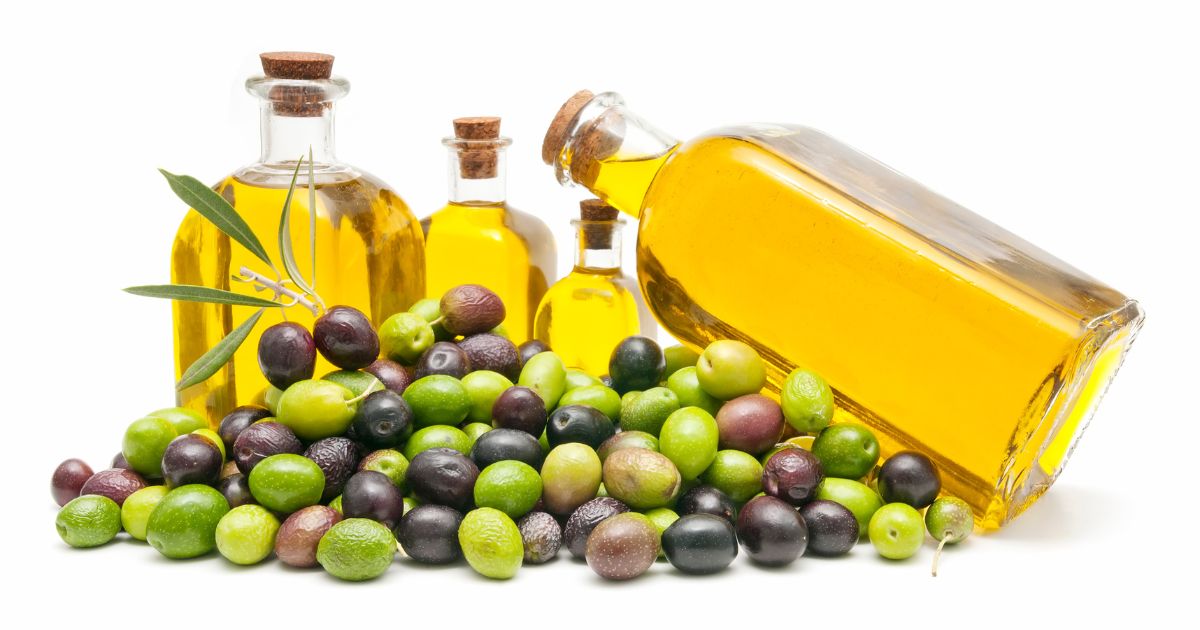
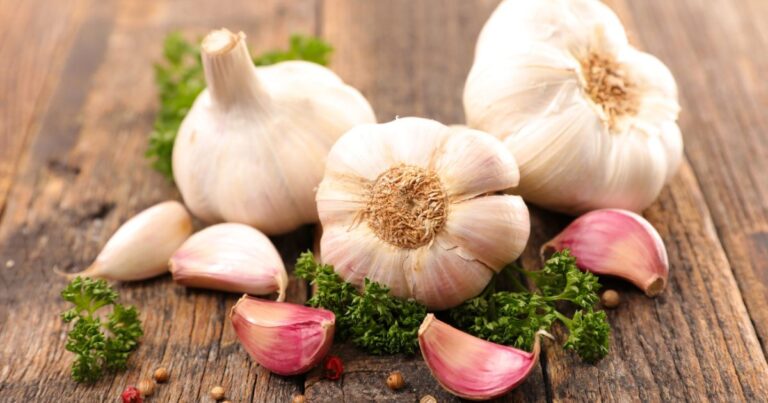
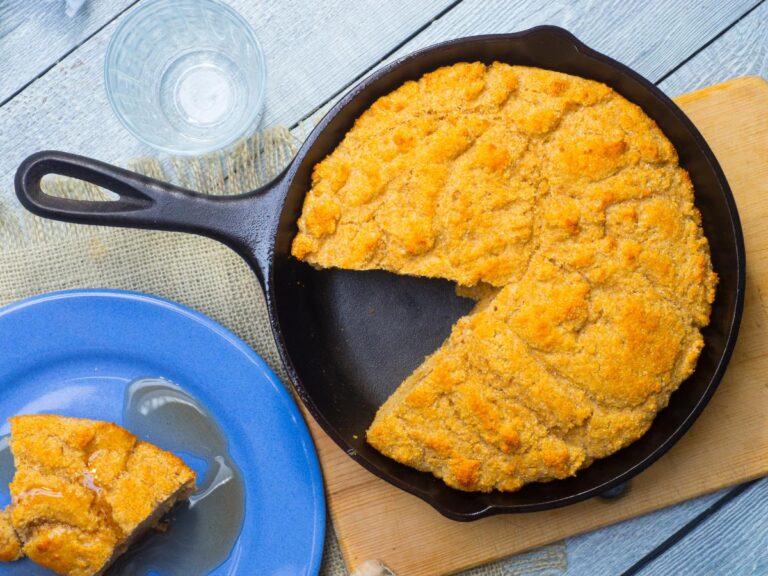
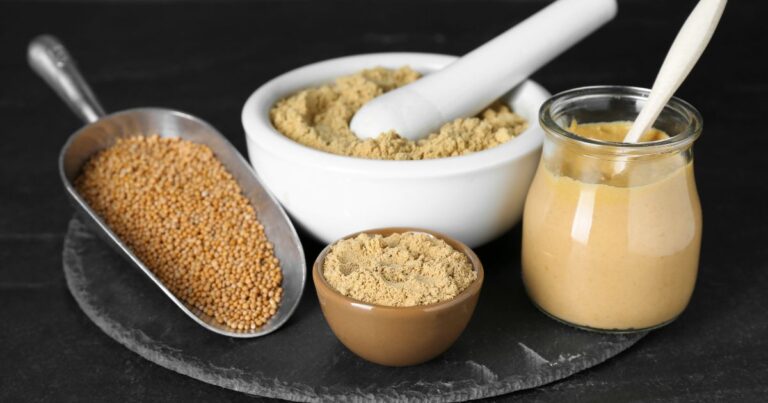
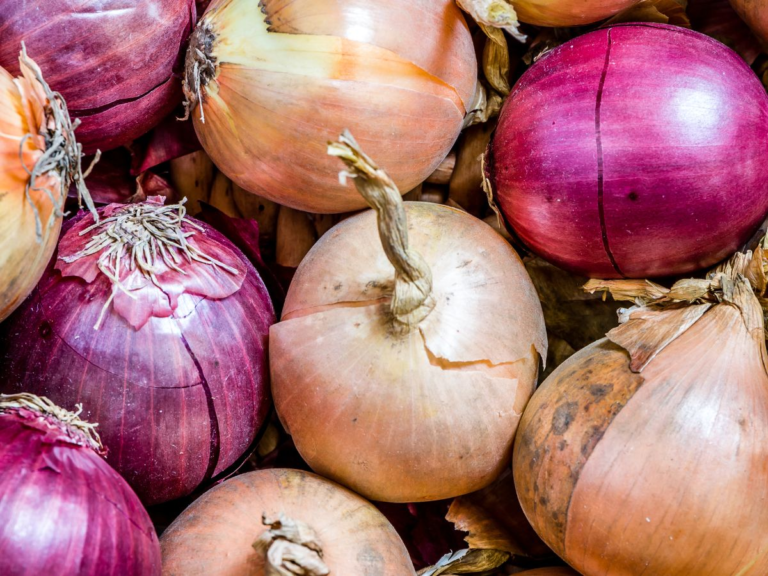

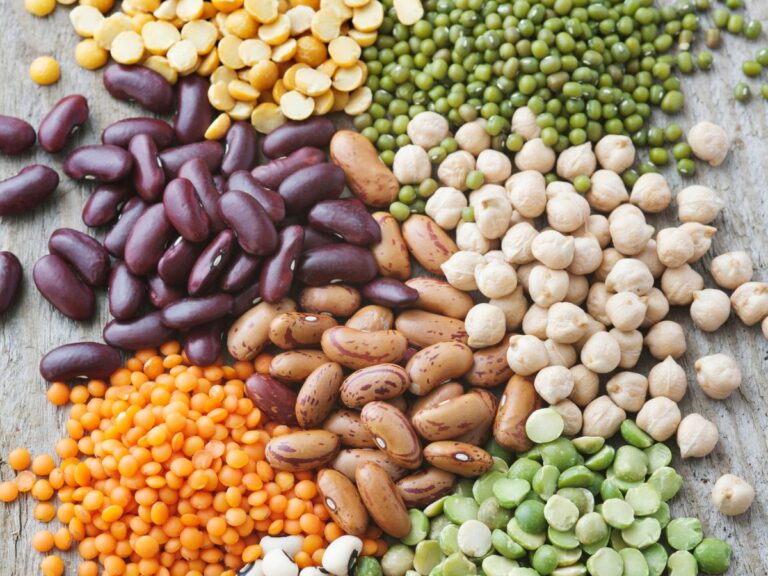
Magnificent beat I would like to apprentice while you amend your site how can i subscribe for a blog web site The account helped me a acceptable deal I had been a little bit acquainted of this your broadcast offered bright clear idea
I do not understand